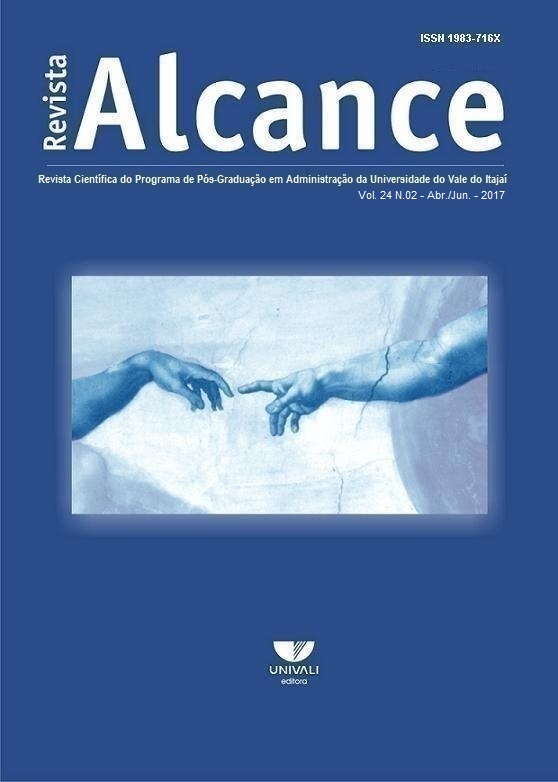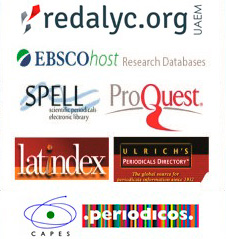THE CISTERN THAT FELL FROM THE SKY: PUBLIC POLICIES AND LOCAL DEVELOPMENT IN THE BRAZILIAN SEMI-ARID REGION
DOI:
https://doi.org/10.14210/alcance.v24n2.p272-284Keywords:
Public policy evaluation. Public policy continuity and change. Appropriate technology. Local development.Abstract
Dona Josefa (Mrs Josefa) and her goddaughter Aninha live in the fictional town of Riacho Seco, in the Brazilian semi-arid region, and have a personal background marked by the difficulties imposed by water shortage. Through the imaginary story of these two women, this teaching case invites the reader to compare two real public policy programs, both of them aimed at dealing with drought: the “1 Milhão de Cisternas” (One Million Cisterns) and “Água Para Todos” (Water For All) Programs. Were Dona Josefa (benefited from the first) and Aninha (benefited from the second) affected in similar ways, or can we foresee different results? The case is built so that the student can play the role of a public manager and compare these two alternatives. It was designed for use in undergraduate, specialization and professional master's degree courses in Public Administration, Public Policy Management, Social Management and Social Work, in disciplines related to the evaluation of public policies and social programs. It can also be used in disciplines that address the local/territorial dimension of development.Downloads
Published
2017-08-11
Issue
Section
Case for Teaching


